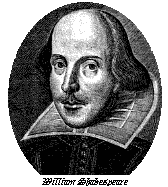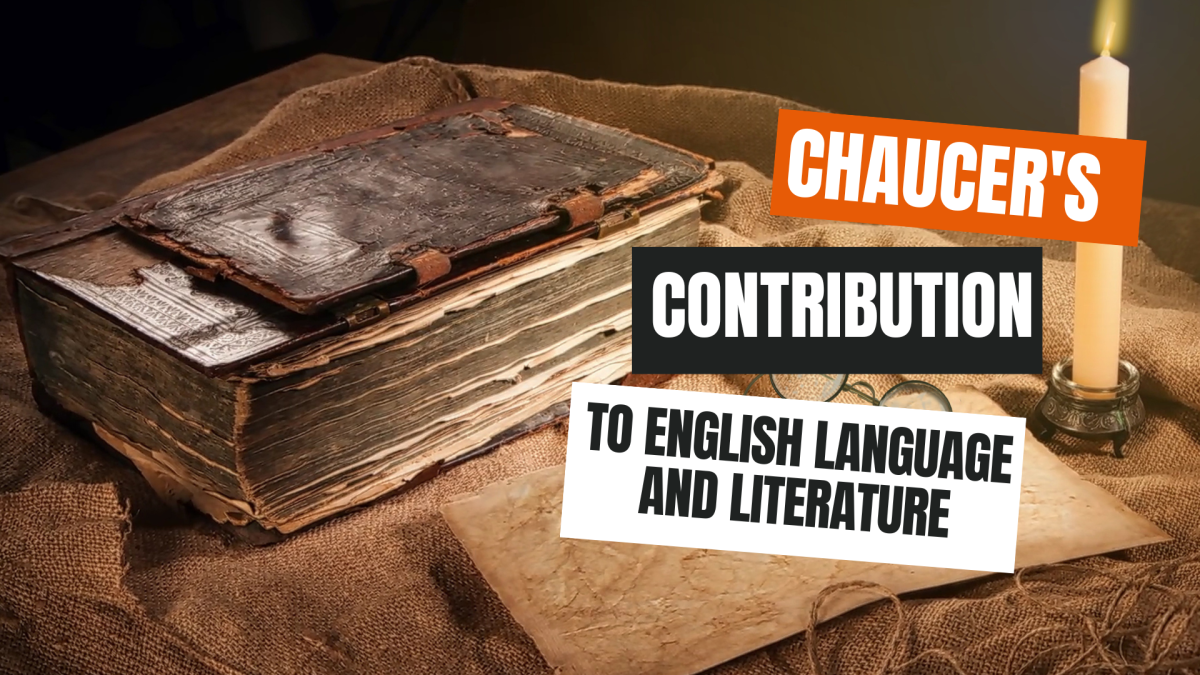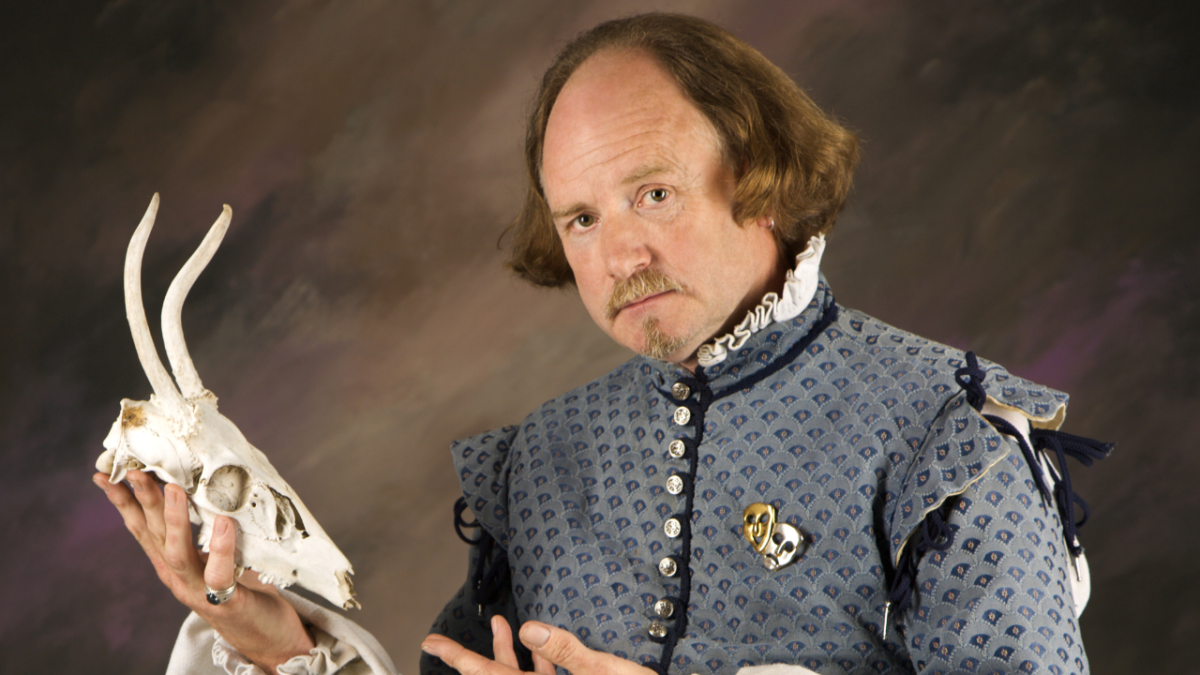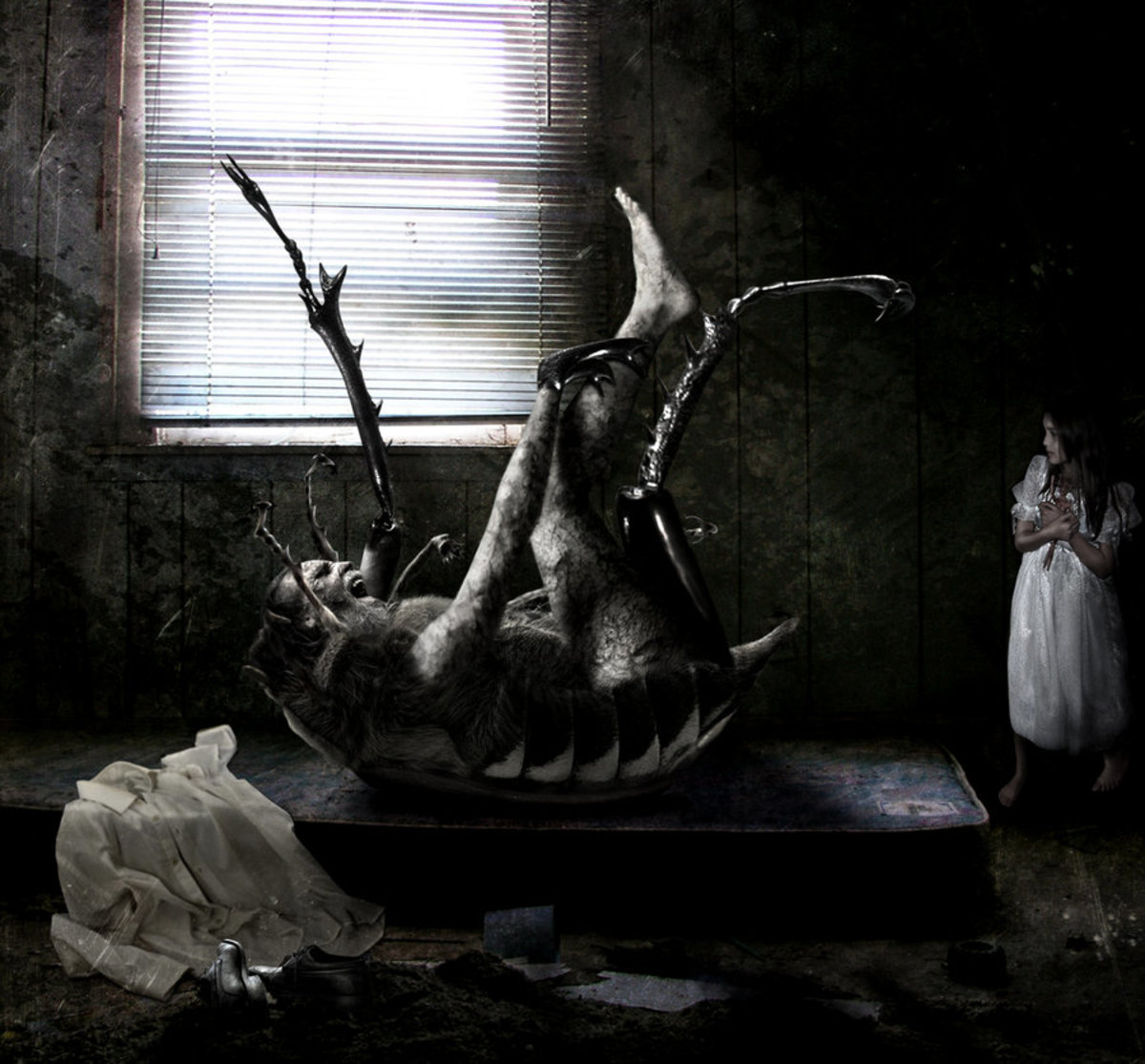Complete Shakespeare Timeline
Complete Shakespeare Timeline
Short Shakespeare Biography
It's difficult to capture all of this man's life in one timeline, but this short biography in timeline-form attempts to do just that. In addition to the events of Shakespeare's life, and the publication dates of his works, this timeline includes pertinent historical events surrounding though perhaps not directly involving Shakespeare himself. This article includes these historical events to help the reader place Shakespeare in his context.
A Word on Accuracy
While so much of Shakespeare's life remains a mystery, this timeline illuminates what is known about the events surrounding his life. In some cases, scholars have estimated the year of certain events. This timeline endeavors to capture the short biography of Shakespeare according to the general consensus of the academic community. Consequently, certain portions of this timeline may be subject to change and will be updated to reflect new scholarship. Likewise, I have chosen to omit certain portions of his timeline which modern academia considers too sketchy.

Shakespeare Facts
Did you know...?
- Shakespeare's father was likely a closet catholic in opposition to Queen Elizabeth.
- The Shakespeare Family motto is "Non sanz droict," or "Not without right."
- Shakespeare left most of his estate to his daughter, Susanna, whom he regarded as highly-capable and whose husband Shakespeare respected. To his wife, however, Shakespeare mysteriously left his "second-best" bed.
- Shakespeare's death is a mystery. Among the possible causes of death is kidney disease, murder, typhoid, and alcohol poisoning.
- Shakespeare never published authoritative editions of any of his plays, which means scholars have difficulty pinning down the 'purest' copies of his works.
Related Books
Shakespeare Timeline
The following timeline contains significant events in Shakespeare's life and historical context as generally agreed upon by modern scholars.
1555-1564:
- Mary Shakespeare, William's mother, gives birth to two daughters who die in infancy.
1564:
- William Shakespeare is born to John and Mary Shakespeare in Stratford-upon-Avon.
1571:
- If Shakespeare received a formal education, and most scholars agree he did, this would be the year he started. Though no document exists to prove that he attended the local grammar school, it is reasonable to assume he did.
1572:
- Shakespeare sees his first play at the local theater with his father, John Shakespeare.
1575:
- Queen Elizabeth visits Kenilworth Castle, near Stratford. Some believe that seeing the pomp of the Queen's procession made a profound impression upon young Shakespeare.
1582:
- 18-year-old Shakespeare marries Anne Hathaway, a 26-year-old heiress from Shottery, Stratford, who was pregnant with Shakespeare's child.
1583:
- William and Anne baptize their first daughter, Susanna Shakespeare, who was born six months following the wedding of her parents.
1585:
- Anne Shakespeare gives birth to twins, Hamnet and Judith. They named Hamnet after their good friend, Hamnet Sadler. Hamnet Sadler and his wife became godparents to the twins and later named their own son 'William.'
1588-1592:
- Scholars believe that sometime during this range years, Shakespeare left Stratford and his family behind and joined a troupe of actors as both playwright and actor.
1593:
- Queen Elizabeth closes the theaters in response to the outbreak of the Bubonic Plague.
- Shakespeare finds a patron for his poetry in the Earl of Southampton, whom some scholars suspect Shakespeare had already known for quite some time. Scholars believe that Shakespeare used this time under Southampton's patronage to write his 154 sonnet collection.
- Christopher Marlowe dies.
- Venus and Adonis published.
1594:
- Shakespeare performs with The Lord Chamberlain's Men for the first time.
- Titus Andronicus published.
- The Rape of Lucrece published.
- Henry VI: Part 2 published.
1595:
- Shakespeare recognized as the leading London playwright.
- Thomas Kyd dies.
- Henry VI: Part 3 published.
1596:
- George Carey, Second Lord Hunsdon, replaces his brother, Henry Carey, Lord Hunsdon and Lord Chamberlain, as patron of The Lord Chamberlain's Men.
- The Shakespeare family application for a coat of arms is approved.
- Hamnet, Shakespeare's son, dies. That same year, Shakespeare purchases the second largest house in Stratford. Some scholars suspect he did so in response to the death of his son, others that he needed a house worthy of his family's new coat of arms.
1597:
- Richard II, Richard III, and Romeo and Juliet published.
1598:
- Shakespeare and the Chamberlain's Men finance and build the Globe Theatre on land leased from Nicholas Brend. Shakespeare is a shareholder.
- Love's Labours Lost and Henry IV: Part 2 published.
1599:
- Edmund Spenser dies.
- The then favorite of the Queen, Robert Earl of Essex, leaves on the Queen's orders to stifle the Irish rebels. He fails.
1600:
- A Midsummer Night's Dream, Much Ado About Nothing, Henry V, The Merchant of Venice, and Henry IV: Part 2 published.
1601:
- The Earl of Essex himself rebels against Queen Elizabeth. The night before the revolt, he hired Shakespeare to perform Richard II in the hopes of inciting the people. Essex is later executed by the Queen.
- John Shakespeare, William's father, dies.
1602
- The Merry Wives of Windsor published.
1603:
- Queen Elizabeth dies and James I, formerly James VI of Scotland, ascends the throne. As an admirer of the arts, James I grants The Lord Chamberlain's Men a patent to perform. The troupe renames itself the "King's Men" in response to such royal generosity.
- Shakespeare appears in Sejanus by Ben Jonson - the last recorded performance by Shakespeare.
- Hamlet published.
1604
- Edward de Vere, Earl of Oxford, dies.
1605:
- The Gunpowder Plot. Guy Fawkes caught and killed. Shakespeare had deep connections to the conspirators and likely feared for his life. He wrote his Scottish play, Macbeth, at this time, to make his loyalties clear to James I. Macbeth contains several references to the plot and shameless glorification of a king written to resemble closely James I.
1606:
- Rembrandt is born.
1607
- Susanna, Shakespeare's daughter, marries Dr. John Hall - a marriage thought to have pleased Shakespeare immensely.
- Edmund Shakespeare, William's brother, dies.
1608:
- The King's Men buy the Blackfriars Theatre. Shakespeare is part owner.
- Susanna gives birth to Elizabeth Hall, Shakespeare's granddaughter.
- King Lear published.
1608-1610:
- Another outbreak of plague closes all theaters and tears through London.
1609:
- Thomas Thorpe publishes Shakespeare's sonnets without his permission.
- Troilus and Cressida published.
- Pericles published.
1610:
- The King's Men perform Othello at Oxford College during a summer tour.
1613:
- The Globe Theatre burns down when a shot fired from a cannon during Henry VIII ignites the thatched roof.
- Francis Bacon becomes Attorney General.
- Richard, Shakespeare's brother, dies.
1614:
- The Globe Theatre reopens.
1616:
- William Shakespeare dies on his birthday unknown causes. He is buried in the chancel of Holy Trinity Church in Stratford.
- Judith, Shakespeare's daughter, marries Thomas Quiney.
- Shakespeare signs and finalizes his will, a month before his death.
- Shakespeare's daughter Judith and her husband Thomas are excommunicated.
1622:
- Othello published.
1623:
- Anne Hathaway, Shakespeare's wife, dies.
- John Hemminges and Henry Condell gather and publish 36 of Shakespeare's plays in The First Folio
- The Comedy of Errors published.
- Twelfth Night published.
- Measure for Measure published.
- Timon of Athens published.
- All's Well That Ends Well published.
- The Two Gentlemen of Verona published.
- King John, Julius Caesar published.
- Taming of the Shrew published.
- Henry VI: Part 1 published.
- Macbeth published.
- Antony and Cleopatra published.
- Coriolanus published.
- Cymbeline published.
- The Winter's Tale published.
- The Tempest published.
- The Two Nobile Kinsmen published.
- Henry VIII published.
1625:
- Charles I ascends the English throne following the death of King James I.
Additional Resources
- Who is Shakespeare?: A Biography
Shakespeare is a paragon of Western Literature. Find out more about the life and mysteries surrounding this most illustrious English writer!




